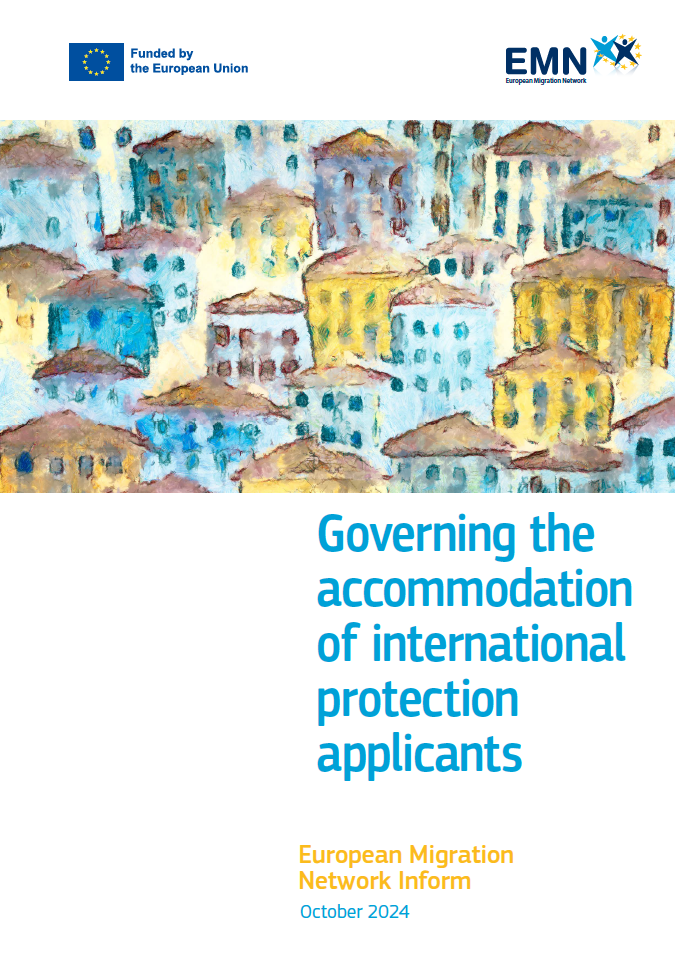The governance of accommodation for international protection applicants is a critical issue faced by European Migration Network (EMN) Member (EU Member States except Denmark) and Observer Countries (NO, GE, MD, UA, ME, AM, RS). With fluctuating asylum applications, limited housing capacity, and community relations at stake, effective governance is necessary. According to the 2024 recast of the Reception Conditions Directive (RCD), EU Member States are mandated to ensure an adequate standard of living for applicants, including housing, despite unpredictable influxes.
Most EMN Member and Observer Countries adopt a centralised governance model, where a single authority is primarily responsible for the reception of applicants for international protection. This is typically managed by the Ministry of the Interior or a specialised executive agency. Centralised governance is particularly beneficial in terms of consistency in planning, coordination, and accountability. In contrast, several countries employ a mixed governance model, wherein responsibilities are shared between national, regional, and local authorities. This approach allows for more flexibility in addressing the specific needs of applicants in different regions.
The unpredictable nature of migration flows necessitates well-structured contingency planning. The majority of EMN Member and Observer Countries have developed preparedness plans to accommodate sudden increases in demand for housing. These plans are typically developed and implemented with input from a wide range of stakeholders, including government ministries, non-governmental organisations (NGOs), civil society organisations (CSOs), and private contractors.
According to Article 32 of the 2024 recast RCD, each EU Member State is required to submit a contingency plan by April 2025 to the European Union Agency for Asylum (EUAA). These plans are designed to ensure that reception centres can handle disproportionate influxes while maintaining adequate living conditions. The plans highlight the importance of multi-stakeholder engagement in accommodating international protection applicants and ensuring a rapid response to emerging needs.
One of the challenges faced by EMN Member and Observer Countries is managing staffing levels in reception centres and accommodation facilities. Governing bodies employ a mix of civil servants, NGO employees, and staff from independent agencies to manage these facilities. EU Member States are required under Article 33 of the RCD to provide training to those implementing the Directive, ensuring that staff are equipped to meet the specific needs of applicants, including minors. Despite this, many countries struggle to allocate sufficient resources to manage staff and ensure high-quality accommodation services.
Further Reading:
Access to autonomous housing for beneficiaries of international protection (EMN Ireland Study)
How do EMN Member States ensure systems for housing international protection applicants are “flexible”? (EMN Ireland Migration Memo)
Organising flexible housing in the context of international protection (EMN Inform)


